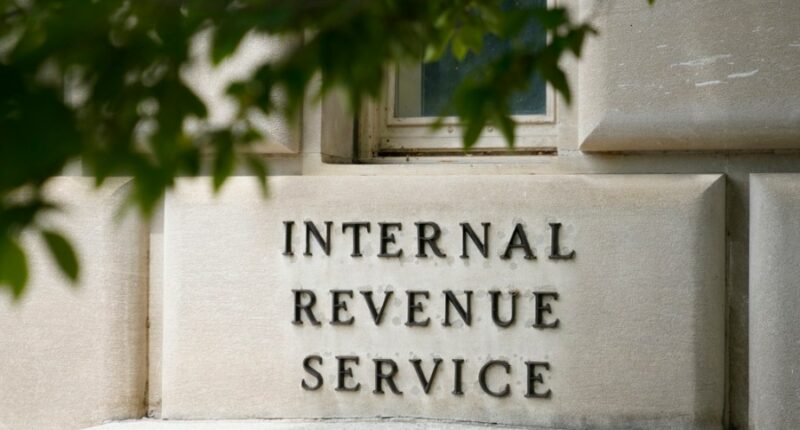Share this @internewscast.com

(NEXSTAR) – TikTok and other social media platforms, known for showcasing self-proclaimed tax experts, have reportedly led Americans to incur $162 million in penalties since 2022, according to an IRS press release on Monday.
Sharing advice on crucial life decisions, from health to finances, is easier and more engaging than ever, but there’s a concerning amount of false information, experts warn.
“Each year, misleading tax tips on social media evolve, but some patterns help taxpayers identify them: if it seems too good to be true, promises massive tax savings or a significantly higher refund, and claims only the advisor knows the secret,” explained Adam Brewer, a tax attorney with AB Tax Law, in an email to Nexstar.
The IRS is particularly cautioning against two circulating schemes involving improper claims on the Fuel Tax Credit and the Sick and Family Leave Credit.
The IRS clarifies that the Fuel Tax Credit is primarily intended for farming and off-highway business use, not applicable to most taxpayers, despite what some social media “gurus” suggest.
The Sick and Family Leave Credit was designed for self-employed individuals during the pandemic in 2020 and 2021, and isn’t available for subsequent years. However, the IRS notes many taxpayers continue to mistakenly claim Form 7202, even for wages earned as regular employees rather than self-employed individuals.
“Since 2022, the IRS has seen a surge in questionable refund claims fueled by misleading social media posts and bad actors posing as tax experts,” the release states.”
The IRS urges taxpayers to beware of the following: posts that claim everyone qualifies for certain credits, promises of “easy or “fast” refunds with minimal documentation, instructions to file amended returns and encouragement to ignore IRS letters or reply with false information.
“If the tax advice you are getting from social media sounds too good to be true, then reach out to an experienced tax professional like a CPA or tax attorney to double and triple check it,” Brewer said. “It could save you a big headache in the long run.”
Penalties can include delayed refunds, denied claims, a $5,000 civil penalty and further IRS investigation.
Taxpayers who were duped with incorrect information are encouraged to amend their tax returns immediately, respond to IRS letters and hire a reputable tax professional.












